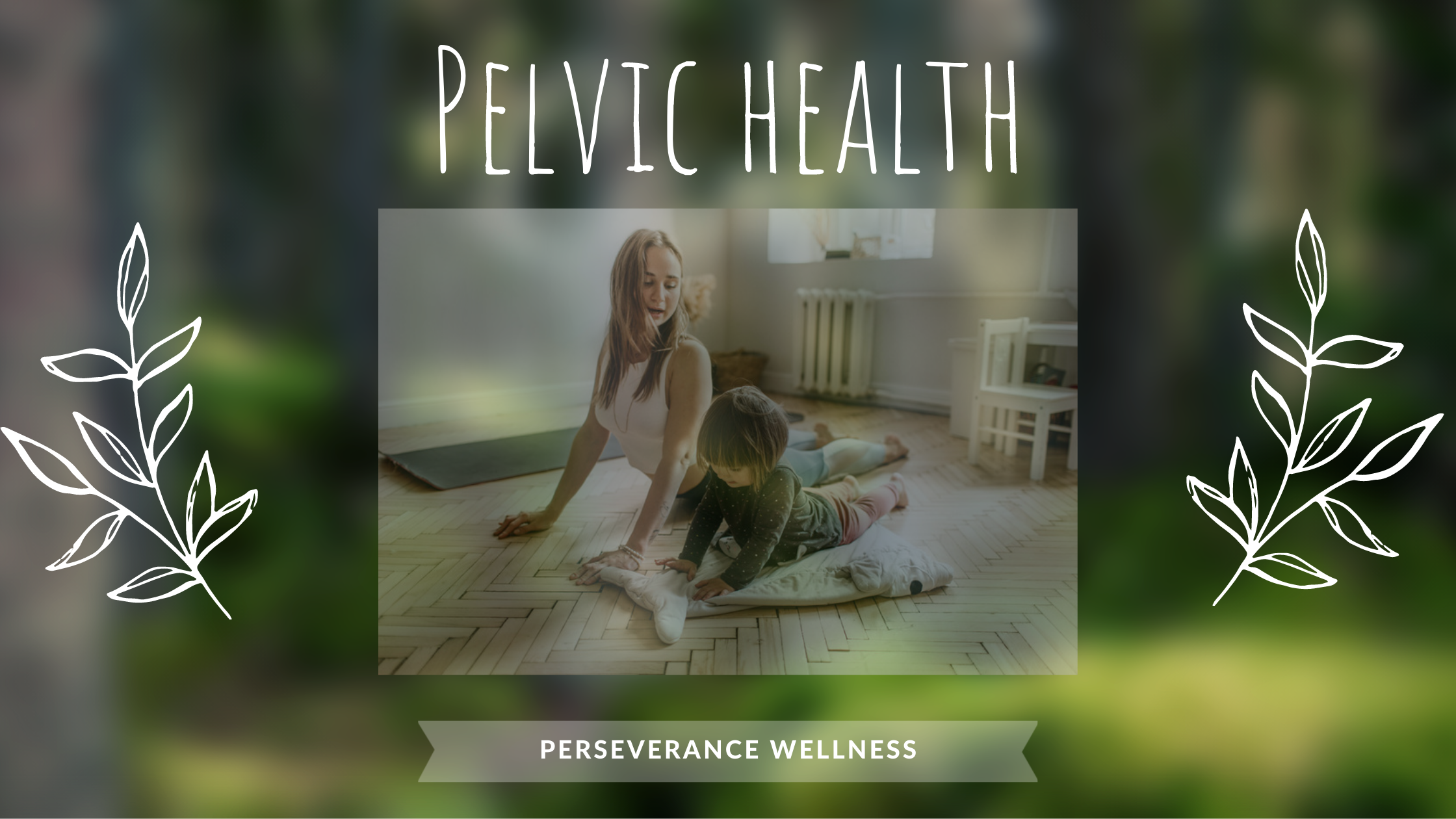The truth about pelvic health
A Pelvis, you’ve got one, I’ve got one. So why is “Pelvic Health” Such a Secret?
About a quarter of all women are affected by pelvic floor disorders, according to a 2008 study published in the Journal of the American Medical Association.
The main risk factor is pregnancy.
Let’s just take a second to let that sink in. In a world where health risks are an intense part of our daily lives, add this to the list of things to worry about.
Put your hand up if pregnancy has ever been a part of your life. My hand is up, and for 75% of the women in my circle, their hands are in the air too. Out of that same group, how many can say that Pelvic Floor Rehabilitation has been a part of their lives post-baby. Number of hands in the air decrease to maybe one. WHY???
Part of the problem is (sssshhhhhh don’t say it too loud) that PEEING YOUR PANTS IS EMBARRASSING! We’ve been taught since our own days in diapers that peeing while not on the potty is bad. And you know what? It stuck. For those of us who have had the gift of pregnancy in our lives, many of us find that post-baby (whether via c-section or vaginial birth), a sneeze is dangerous, a coughing fit? Terrifying. A jog? Out of the question. Those triggers are some of the daily activities that induce involuntary ‘leakage’, the uncontrolled wee-wee in the undies. The results affect us mentally in a big way. Aside from just being inconvenienced by wet trousers, it can lead to all kinds of problems, from anxiety to weight gain.
Ok, now we’re going to let you in on something really good:
“Ninety per cent of cases of incontinence in aging women can be improved with exercise, and 70 per cent of cases can be treated with physiotherapy, according to a study by Chantal Dumoulin, a Canada research chair in urogynecological health and aging at the Université de Montréal.
Dumoulin says clinical practice guidelines indicate first-line treatment is supposed to be pelvic floor rehabilitation immediately after delivery.”
You are not alone, Mama, and yes, there is help for you.
What is the pelvic floor?
The pelvic floor is the muscle group that fills the hole at the bottom of the pelvis. It contains the genitals, and acts as a hammock that holds up organs such as the bladder, uterus and rectum.
http://www.pelvicfloorfirst.org.au/pages/the-pelvic-floor.html
It's a part of the body many people don't think about, or maybe even know exists, until it starts not doing its job.
When the muscles become too weak or stretched, patients can suffer from urinary or fecal incontinence or a condition known as organ prolapse, when the organs held up by the pelvic floor drop, sometimes to the point of bulging out of the vagina.
So, yes. It is a thing. A thing that needs a little more attention. There have been women who have gone to the extreme of having surgery where an artificial ‘hammock’ is inserted into their bodies in order to alleviate the side effects we’ve talked about. The surgery is now banned in many countries, and in Canada surgical mesh implants used to treat pelvic organ problems were removed from the Canadian market following a safety review by Health Canada.
“The consequences of healthcare providers spending relatively little time with postpartum women have been well-documented in terms of missed mental health diagnoses, but the longterm effects on women’s bodies are also profound ― and often overlooked. The stress of a vaginal delivery can increase a woman’s risk of developing pelvic organ prolapse ― a painful condition in which her pelvic organs essentially fall out of place ― decades down the road.
But one country that is giving women’s postpartum pelvic health the attention it deserves? France. For decades, the French government has subsidized “perineal re-education,” i.e., physiotherapy that helps strengthen a new mother’s pelvic floor.”
New mothers in France can expect to receive a prescription for 10-20 sessions of “la rééducation périnéale”. Yet another example of something wonderful that we can learn from the french!
In Canada, many health insurance companies offer physiotherapy as a service covered under their plans, and this enables many women who have an extended health plan to seek pelvic health rehabilitation from a Physiotherapist. FOR FREE.
Pelvic Health is not only a subject that needs to be talked about more openly, it is a specialty that needs to be celebrated as an alternative to surgical intervention. Many women experience a drastic improvement or a complete resolution to their pelvic health issues with just a handful of sessions.
At Perseverance Physiotherapy & Wellness, we got pretty excited when we knew Rosemarie Sanche was coming into the picture. Not only is Rosemarie an excellent Physiotherapist, she is passionate, experienced, and extremely knowledgeable on the subject of pelvic health. Book a session with Rosemarie to explore how she can help you achieve better health today.
Rosemarie Sanche, PT
Written by Andy Lumanta
Sources: https://www.cbc.ca/radio/whitecoat/it-s-time-to-break-the-taboo-around-pelvic-floor-health-in-canada-say-advocates-1.5308972
https://www.huffingtonpost.ca/entry/what-the-french-get-so-right-about-taking-care-of-new-moms_n_587d27b4e4b086022ca939c4



